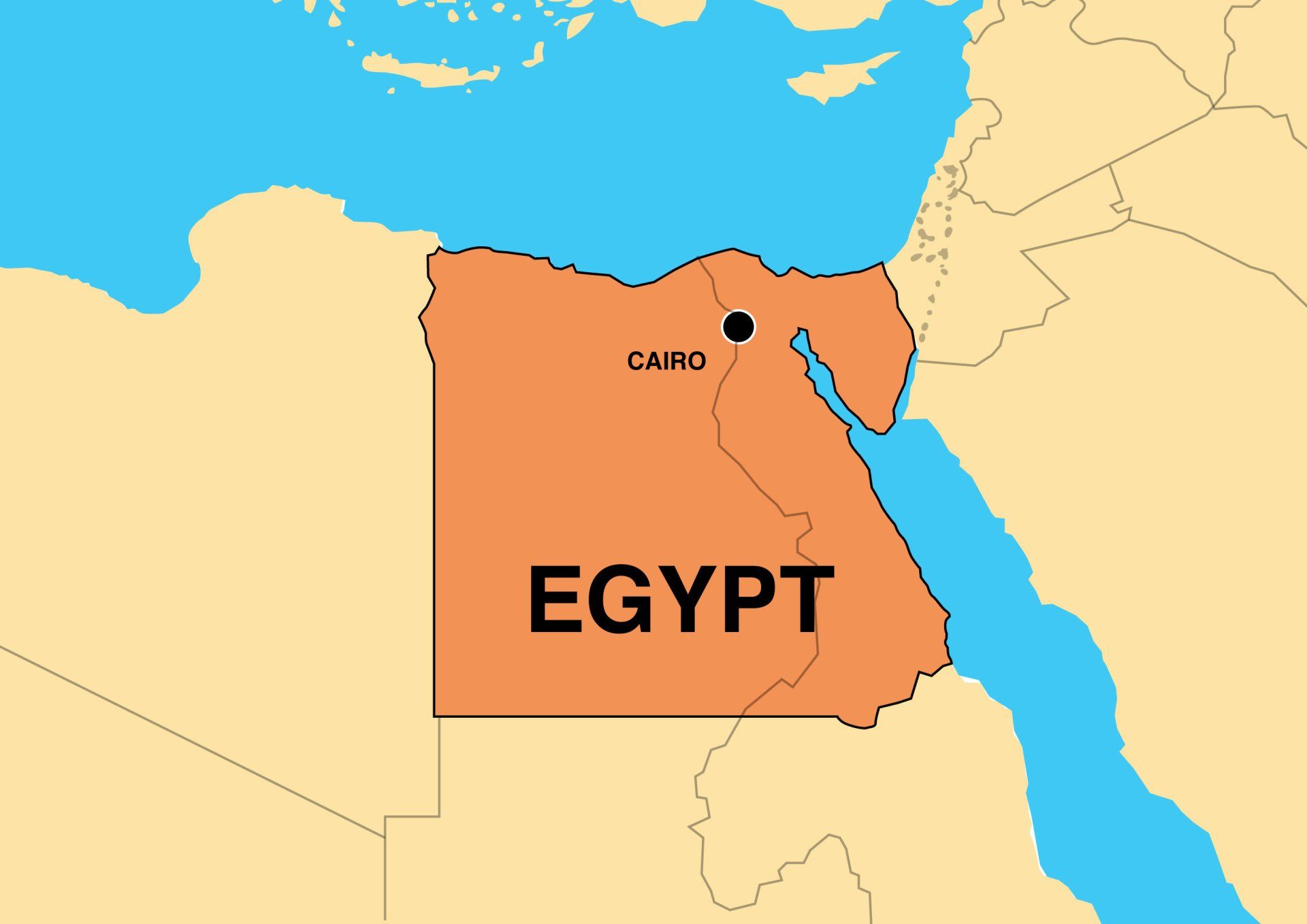Egyptian Arabic Course
In this course, we will learn the most up-to-date Egyptian colloquial Arabic. Egyptian colloquial Arabic has gone through drastic changes in the last 20 years, and many important words were introduced after the 25th of January and 30th of June Revolutions (or military coup if you prefer this term). This course is suitable for students who can read Arabic without difficulty, as the book we will be using is written completely in Arabic with full vocalization, which will help when pronouncing words. The topics of the book are divided into dialogues, so you will be able to see the words in context. This is the latest approach in teaching foreign languages by presenting blocks of sentences and phrases which can be used according to the situation.
When writing the Egyptian colloquial Arabic, Egyptians often feel that they can invent their own spelling rules, often for the sake of speed or due to lack of knowledge of the spelling rules, much like with English during the Shakespearean era. However, in this course, we will follow the standard spelling rules*.
Most of the people who enroll in this course have spent more than a few months in Egypt, either recently or in the past, and they have most likely studied Arabic there, either colloquial or fusHaa, but they have acquired much Egyptian vocabulary. If you would like to know if your level of Arabic is suitable for this course, you can do two things. You can visit the Arabic Placement Test section on this site, where you will find an Egyptian colloquial Arabic dialogue written. See if you can read it quickly while understanding more than half of it. A quicker way is to see if you can read and understand any of the words on the front of this book. These words are unique to the Egyptian dialect, and you will be familiar with them if you have spent some time in Egypt. Egyptian Arabic is generally understood by Arabs everywhere and is therefore the most widely used of the dialects.
Egyptian Arabic is also called Cairene Arabic, North Delta Arabic, South Central Delta Arabic. Egyptian Spoken Arabic, based on Cairo speech (Cairene). It is an amalgam of Delta Arabic and Middle Egypt Arabic, with borrowings from literary Arabic. A member of macrolanguage Arabic
Prerequisites:
If you want to learn Egyptian Arabic from the book "Talk Like an Egyptian," you need to know how to read and write Arabic.
However, if you don't know how to read and write and would like to learn Egyptian Arabic, we can use a different textbook in which all words have been Romanized and the lessons are in English. This way, you can skip over learning to read and write at the beginning of your studies to start speaking more quickly.
For the first choice, you need to take the first course "Introduction to Arabic," where you will learn how to read and write Arabic thoroughly. If you use this book, you will be using the most modern Egyptian Arabic.
*Spelling then wasn't so fixed. As long as the spelling reflected the sound and some custom, there was freedom. But the advent of printing was the major force towards greater standardization. Shakespeare is also spelt Shakspere and even Shaxberd, in various places.
Course tuition:
$500
Day/Time:
TBC
FORMAT:
Online
Textbook: Talk like an Egyptian
Max. Enrollment per class: 3 students
Duration:
5 sessions. Once a week for two hours each.
Meeting place:
Online.
Talk like Egyptian is the textbook for the Egyptian course, Pay below



